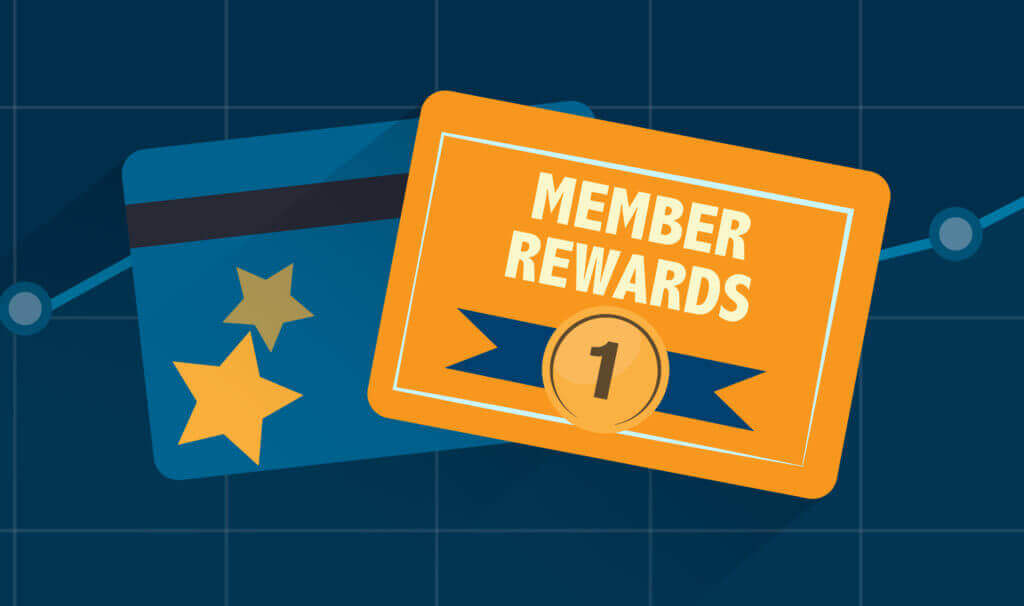
Over the past several years, hotel companies have grappled with the changing efficacy of loyalty programs, with varying results. After all, if a traveler is a member of 10 loyalty programs, can they truly be called a “loyal” customer? After all, travelers are looking for deals, perks and bonuses, so it stands to reason that the loyalty program that offers the most for the least effort would be able to retain customers more than others, but discerning which perks are valued higher than others has been a struggle for the industry. J.D. Power’s annual Hotel Loyalty Program Satisfaction Study digs into the crux of this issue, finding that third-party partnerships are among the most valued aspects of a loyalty program from a hotel guest’s perspective.
The study examines four factors as they relate to customer satisfaction, in order of importance: ease of earning and redeeming rewards (35 percent); program benefits (27 percent); account management (22 percent); and member communication (16 percent). Satisfaction is measured on a 1,000-point scale, with Rick Garlick, travel and hospitality practice lead at J.D. Power, calling a score of 900 the “gold standard” hotels should aim for.
Looking at the results, Marriott Rewards came out on top with a score of 806 on J.D. Power’s ranking, followed closely by World of Hyatt at 805. Both were ranked 5 out of 5 on JDPower.com’s Power Circle Rating for customers, with Hyatt coming in as something as an outlier to Garlick. Hilton Honors came in third at 793 points.
“Marriott and Hilton were obvious choices for the top three, but Hyatt made a big jump this year,” Garlick said. “Hyatt recreated their loyalty program thus year, and have taken a unique approach to loyalty, social responsibility and branding strategies. They have a unique program compared to others on the list.”
As for the companies bringing up the rear, Choice Privileges and Wyndham Rewards rounded out the bottom of the list with 743 and 742 points, respectively, but Garlick isn’t sure the companies are doing anything wrong. He reasoned that the companies ranking highest also have the strongest distribution arms in the industry, and also have a larger number of higher-end hotels, which tend to bring in higher-scoring rankings across the board.




